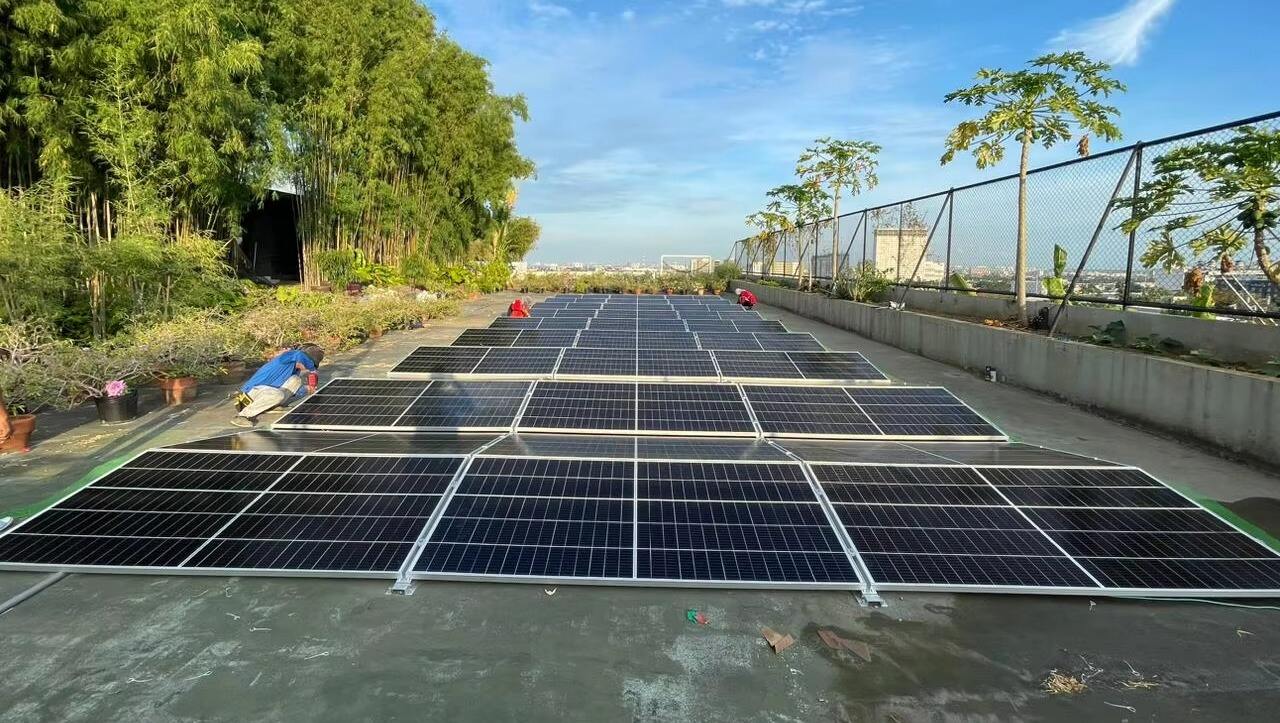Solar folding structures are innovative, portable frameworks designed to support solar panels with a collapsible design, enabling easy transportation, storage, and rapid deployment in off-grid or temporary settings. These structures address the need for flexible solar solutions in scenarios such as camping, construction sites, emergency response, or remote cabins, where permanent installation is impractical. Constructed from lightweight yet durable materials—typically aluminum alloy (6061-T6) for frames and reinforced polyester fabric for hinges—solar folding structures balance portability (weighing 10–30 kg for 100–300W systems) with structural stability. The folding mechanism uses hinges or telescoping poles that collapse the structure to 30–50% of its deployed size, fitting into carrying bags or vehicle storage. When deployed, they form a stable base with adjustable tilt angles (10°–60°) to optimize sunlight exposure, with locking joints to prevent movement in wind (up to 80 km/h). Solar folding structures support flexible or rigid solar panels (100–400W), secured via Velcro straps or quick-release clamps that avoid panel damage. Many include integrated handles for carrying and waterproof cable management to protect wiring from the elements. Durability is ensured through UV-resistant coatings, rust-proof hardware, and impact-resistant corners, with service life exceeding 5 years with proper care. These structures simplify solar access in remote locations, requiring no tools for setup—most can be deployed in 5–10 minutes by one person. Whether powering camping gear, charging electric vehicles off-grid, or providing emergency lighting after disasters, solar folding structures prove that renewable energy can be versatile, mobile, and accessible anywhere.
